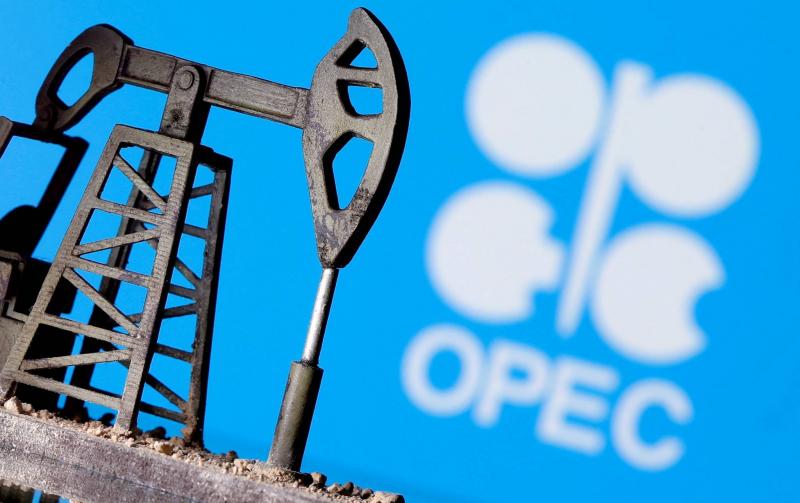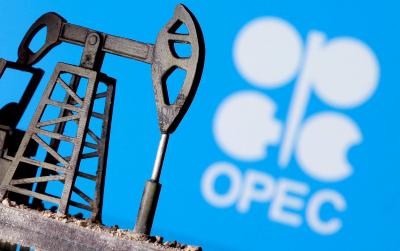Middle East crude oil supplies are expected to decrease further starting May, after the OPEC+ group announced plans for larger production cuts, which raises costs for refineries from Asia to Europe and drives them to seek more supplies from Russia, Africa, and the Americas. Oil prices surged more than four dollars a barrel on Monday after the Organization of the Petroleum Exporting Countries (OPEC) and its allies, including Russia, surprised markets with an announcement of production cuts of about 1.16 million barrels per day from May through the end of the year. These commitments will raise the total volume of OPEC+ cuts since November to 3.66 million barrels per day, according to Reuters calculations, equivalent to 3.7% of global demand.
The production cut negatively impacts Japan. Takayuki Honma, chief economist at Sumitomo Corporation Global Research, noted that the reduction in crude oil supply from OPEC+ will be detrimental to Japan as it may increase inflation and weaken its economy. He added, “Producing countries apparently want to see oil prices rise to $90-100 a barrel, but rising oil prices also mean increased risks of economic slowdown and decreased demand.”
An unnamed Indian refining official stated that with rising prices and a shortage of high-sulfur crude from the Middle East, China and India may need to purchase more Russian oil, boosting Moscow's revenues. He pointed out that European refiners' demand for Middle Eastern crude has risen, especially for Basrah Heavy and Omani crude, to replace the Russian oil banned by the European Union since December. He added that they “will face severe pressures now,” predicting that the market “will suffer from a significant supply shortage.”
OPEC+'s move is a preemptive measure to support market stability. Kuwait has already notified buyers that it will reduce its exports to retain more crude for the Al-Zour refinery, while Saudi Aramco intensifies operations at its Jazan refinery. Kuwaiti oil minister Dr. Bader Hamad Yousef Al-Mulla stated, “OPEC+'s move is a preemptive measure to support market stability.” Additionally, Saudi Arabia, the largest oil exporter, is likely to raise crude export prices to Asia in May following the OPEC+ announcement of further production cuts to support the market.
Alternatives. Sumitomo Corporation Global Research mentioned that it is not considering acquiring Russian oil barrels due to geopolitical concerns and may explore alternative supplies from Africa and Latin America. Honma from Sumitomo noted, “Japan may seek additional supplies from the United States, but shipping U.S. oil through the Panama Canal is costly.”




